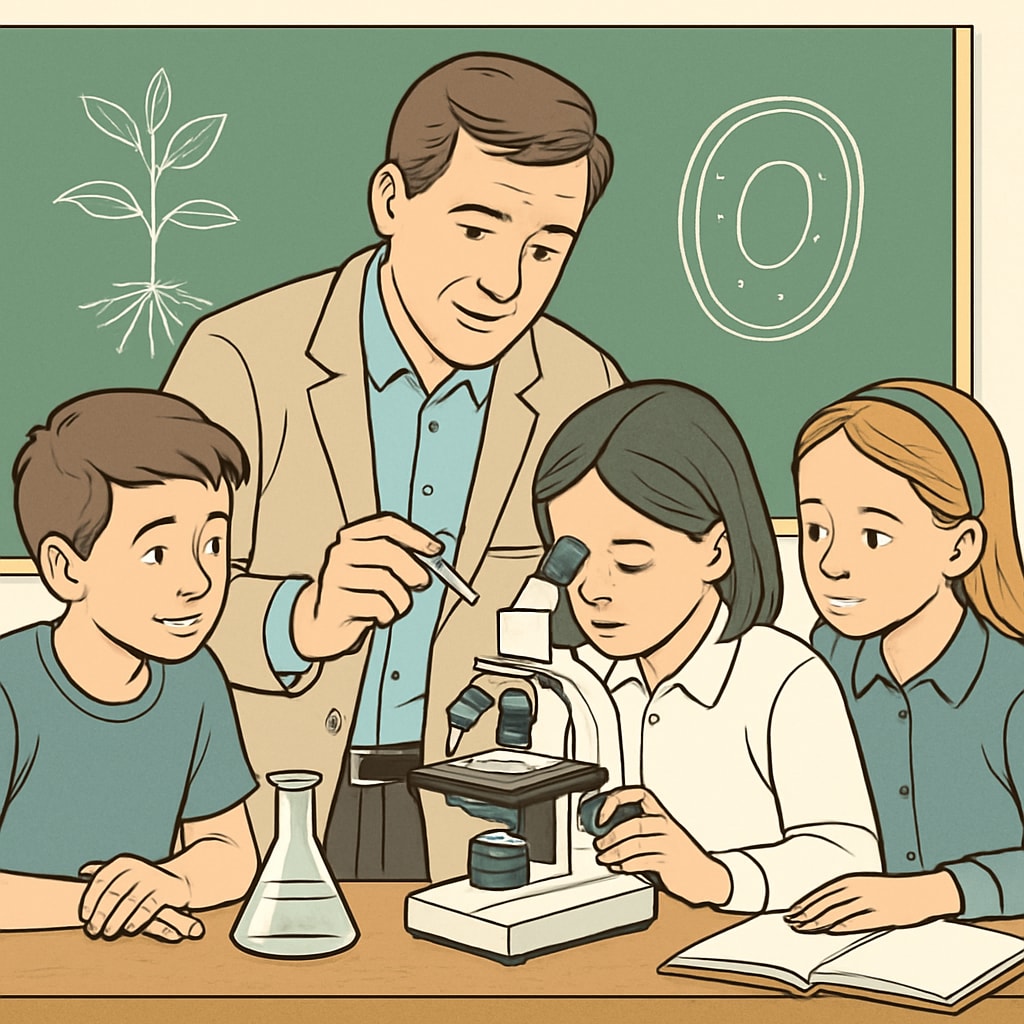For biology graduates considering a shift to education, the path to pursuing a master’s in education might seem unconventional, but it is both feasible and rewarding. The transition from a biology background to an education-focused career offers unique opportunities to combine scientific expertise with teaching skills. This article delves into the interdisciplinary advantages, growing demand for educators in STEM fields, and actionable steps for a successful transition.
Why Transition from Biology to Education?
Biology graduates possess a wealth of knowledge that is highly relevant in educational contexts, particularly in STEM (Science, Technology, Engineering, and Mathematics) education. With a global push for improving STEM literacy among students, educators with strong scientific backgrounds are invaluable. By pursuing a master’s in education, biology graduates can bridge the gap between scientific expertise and effective teaching methodologies.
Moreover, the skills honed during a biology degree—such as critical thinking, problem-solving, and data analysis—are directly transferable to education. These competencies enable biology professionals to inspire curiosity and foster analytical thinking in students.

Advantages of an Interdisciplinary Approach
Combining biology with education creates a powerful interdisciplinary skillset. Here are some key advantages:
- Enhanced STEM Education: Biology graduates can bring real-world scientific insights into the classroom, enriching the learning experience.
- Career Versatility: A master’s in education opens doors to various roles, including classroom teaching, curriculum development, and educational policy-making.
- Addressing Teacher Shortages: Many regions face a shortage of qualified STEM teachers, making biology-educated professionals highly sought after.
Additionally, the ability to communicate complex scientific concepts in understandable ways is a critical asset for educators. This skill not only benefits students but also aligns with broader societal goals of promoting scientific literacy.
Steps to Transition from Biology to Education
While the transition from biology to education may require deliberate planning, it is entirely achievable with the right approach. Here’s a step-by-step guide:
- Research Education Programs: Look for master’s programs in education that welcome candidates from diverse academic backgrounds. Many programs offer specializations in STEM education or science teaching.
- Gain Teaching Experience: Volunteering, tutoring, or working as a teaching assistant can provide valuable classroom experience and confirm your interest in education.
- Prepare for Entrance Requirements: Some programs may require prerequisite coursework in education or teaching certifications. Review the admission criteria and plan accordingly.
- Highlight Transferable Skills: When applying, emphasize how your biology expertise and analytical skills align with the goals of the education program.
- Seek Mentorship: Connecting with professionals who have made similar transitions can provide insights and support during your journey.

Overcoming Challenges in Career Transition
Like any career change, transitioning from biology to education comes with challenges. One common concern is the perceived lack of teaching experience. However, many education programs are designed to support individuals from non-teaching backgrounds, offering practical training and internships.
Another challenge is adapting to pedagogical methods and theories. For biology professionals accustomed to research and technical writing, mastering educational approaches may require additional effort. Nevertheless, with determination and the right resources, these obstacles can be overcome.
For more information on STEM education and its importance, visit STEM education on Wikipedia. To explore teaching strategies, the Education section on Britannica offers valuable insights.
Conclusion: Merging Science with Education
The transition from a biology background to a master’s in education is not only feasible but also a meaningful way to contribute to society. By leveraging their scientific expertise and acquiring teaching skills, biology graduates can play a critical role in shaping the next generation of learners. For those passionate about education and science, this interdisciplinary journey offers a fulfilling career path and the opportunity to make a lasting impact.
In conclusion, taking the leap from biology to education may seem like crossing disciplines, but it is, in fact, a natural extension of the desire to share knowledge and inspire others. Whether in a classroom, a laboratory, or an educational policy role, biology graduates who pursue a master’s in education are well-positioned to lead and innovate in the field of STEM education.


